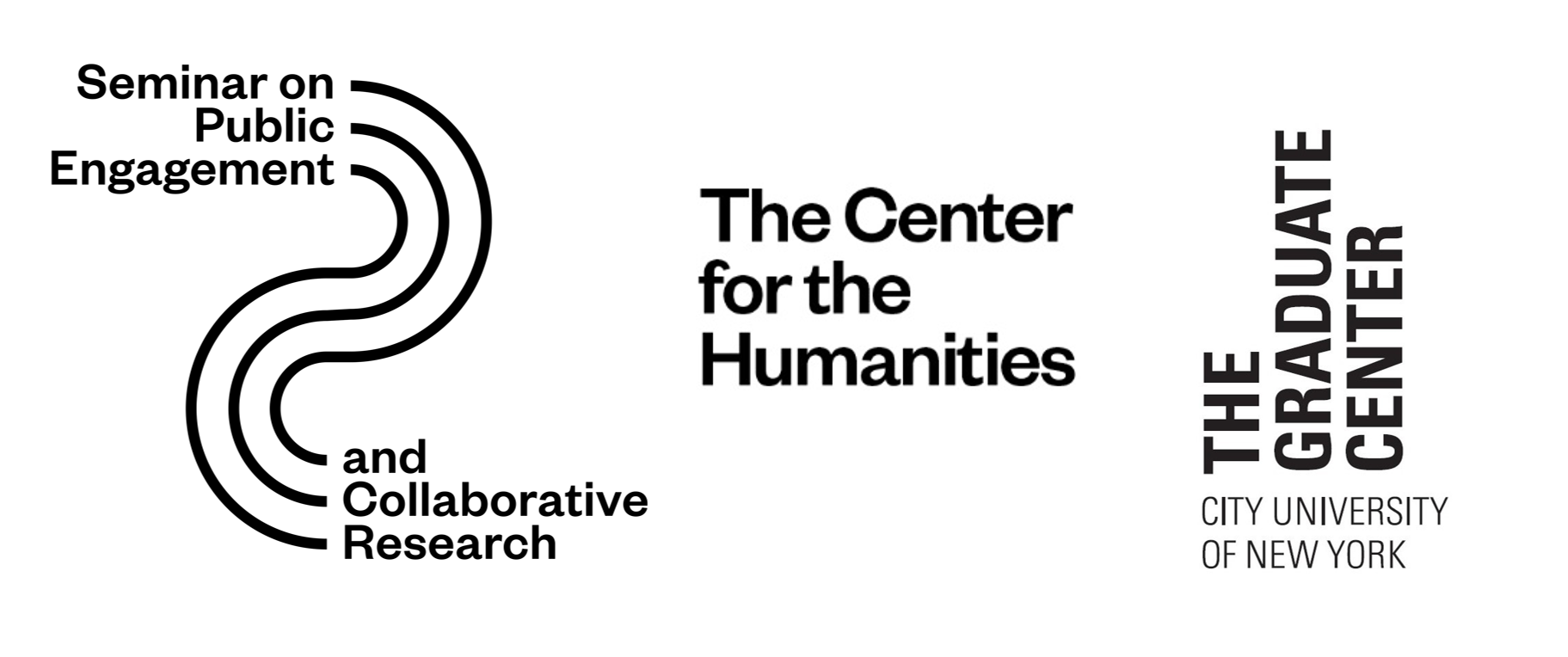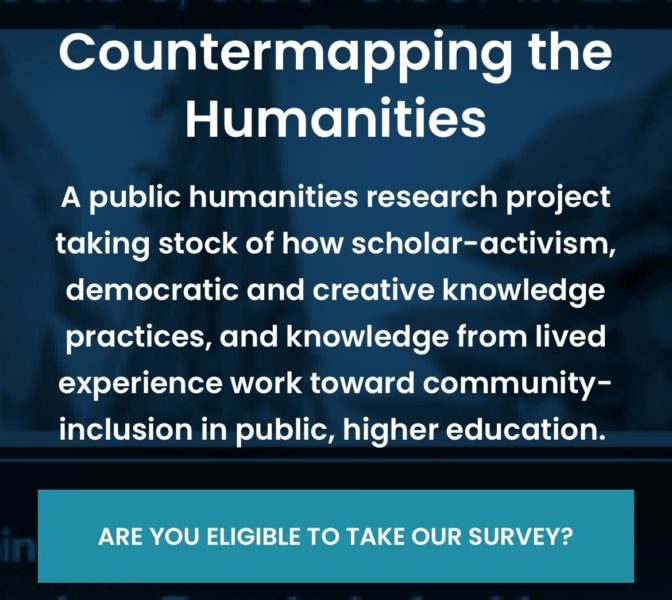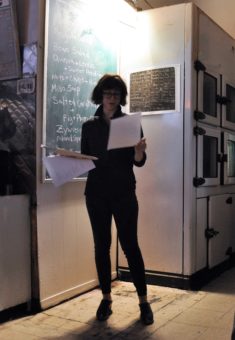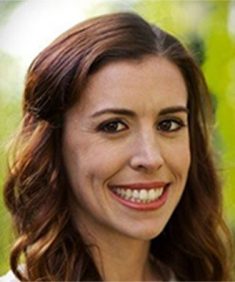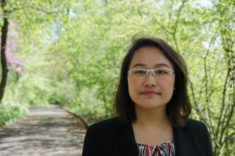About this call for CUNY participation
CUNY’s history, faculty, and student body are rich with humanities scholars who see their work as intimately tied to social justice and activism outside the university. This survey is an effort to learn from CUNY’s public humanities scholars, and their community partners, how scholar-activism, public higher education, and knowledge from lived experience can shape the future of public humanities.
If you are a student, faculty, or staff at CUNY working or taking classes in the humanities, we invite you to take the survey, and please share the website, resources, and survey with your communities, within and beyond the university.
To learn more about the project, browse our resources, or take the survey, visit our website: http://cmhpublics.com/.
If you have any follow up questions, please contact the project’s principal investigator, Kristine Riley: [email protected].
More about the project: the City University of New York (CUNY) has been an academic homebase to faculty and students for whom social justice is central to their research, teaching, learning, and service. As one of the nation’s largest and most racially, culturally, linguistically, and economically diverse universities, CUNY remains a catalyst for activist scholarship and social transformation. Since 2015, participants in the Andrew W. Mellon Seminar on Public Engagement and Collaborative Research from the Center for the Humanities at The Graduate Center, CUNY have ambitiously carried that tradition forward. Now in its third, successive grant cycle, the Seminar seeds dozens of creative, collaborative, and community-engaged projects that offer new ways of understanding and addressing pressing social issues.
Several Seminar projects have utilized Pol.is, a real-time system for gathering, analyzing and understanding what large groups of people think in their own words, enabled by advanced statistics and machine learning. Unlike multiple choice or even interview surveys, Pol.is allows for an interactive and conversational data collection process.
The capstone project of Pol.is’ collaboration with the Seminar is a survey on the stakes, aims and existing infrastructural support for public humanities at CUNY and focuses on three targeted areas: scholarship-activism, the purpose of public higher education, and knowledge that centers lived experience. Together, we hope to explore the uses of computational analysis in publicly-engaged humanistic discourse, scholarship, and activism. We also hope data will promote institutional recognition of activism as scholarship, building pathways for professional advancement for publicly-engaged scholars, and creating structures to support the knowledge practices of theorists situated outside of university settings.
